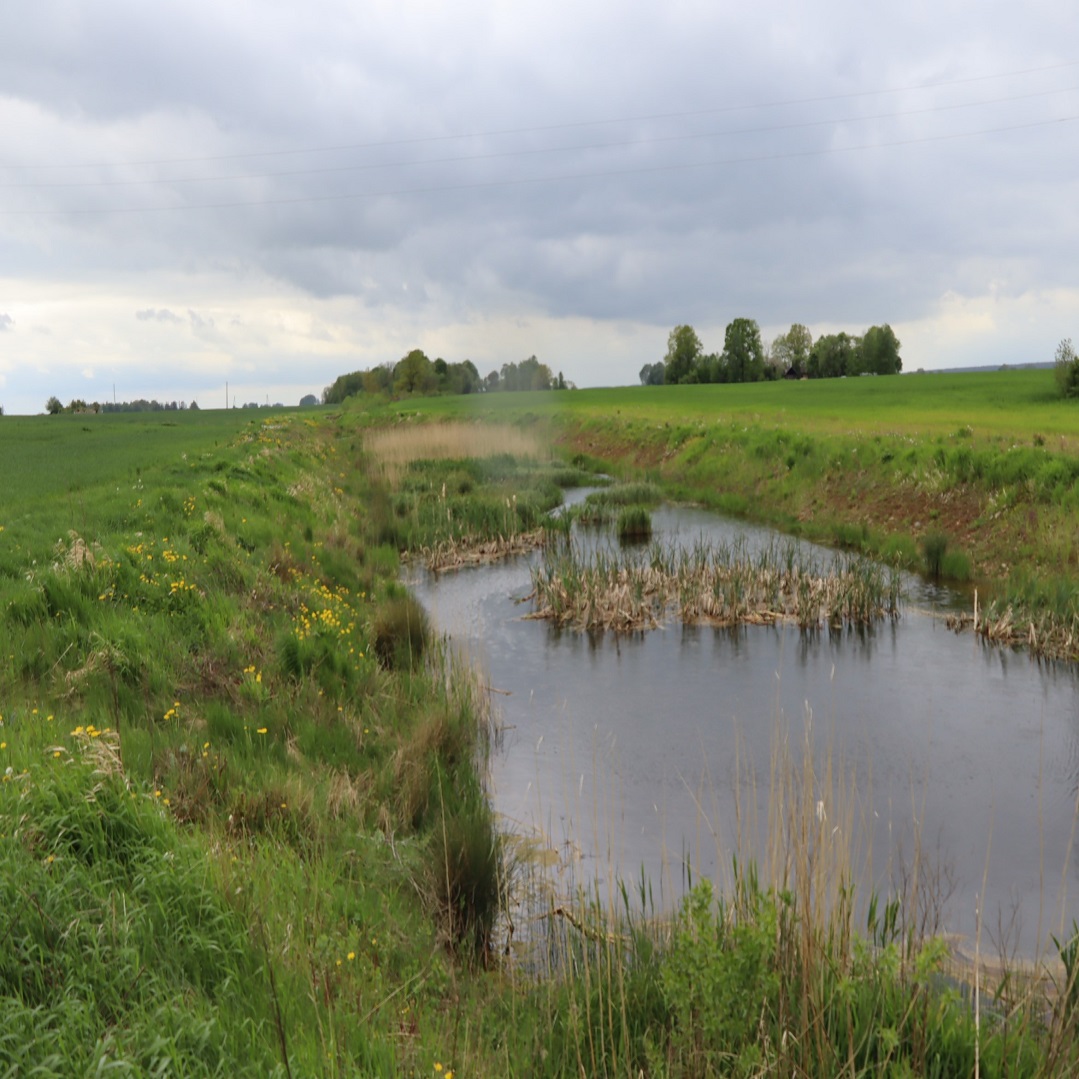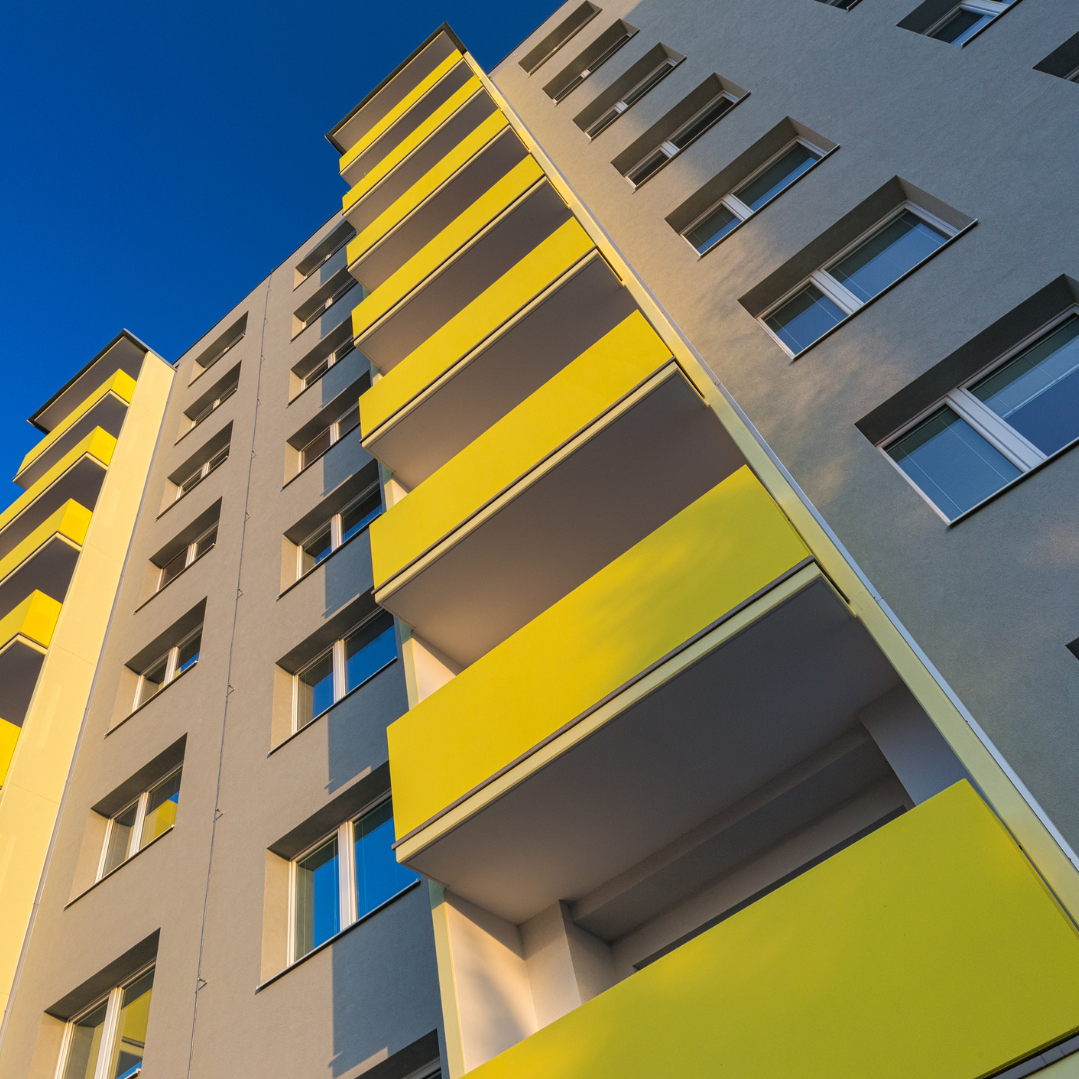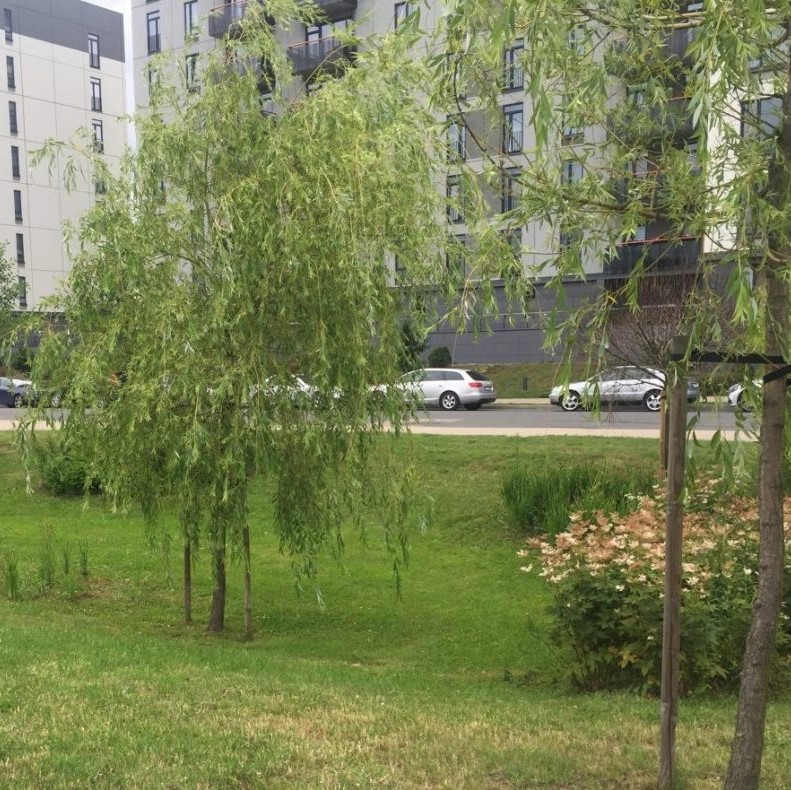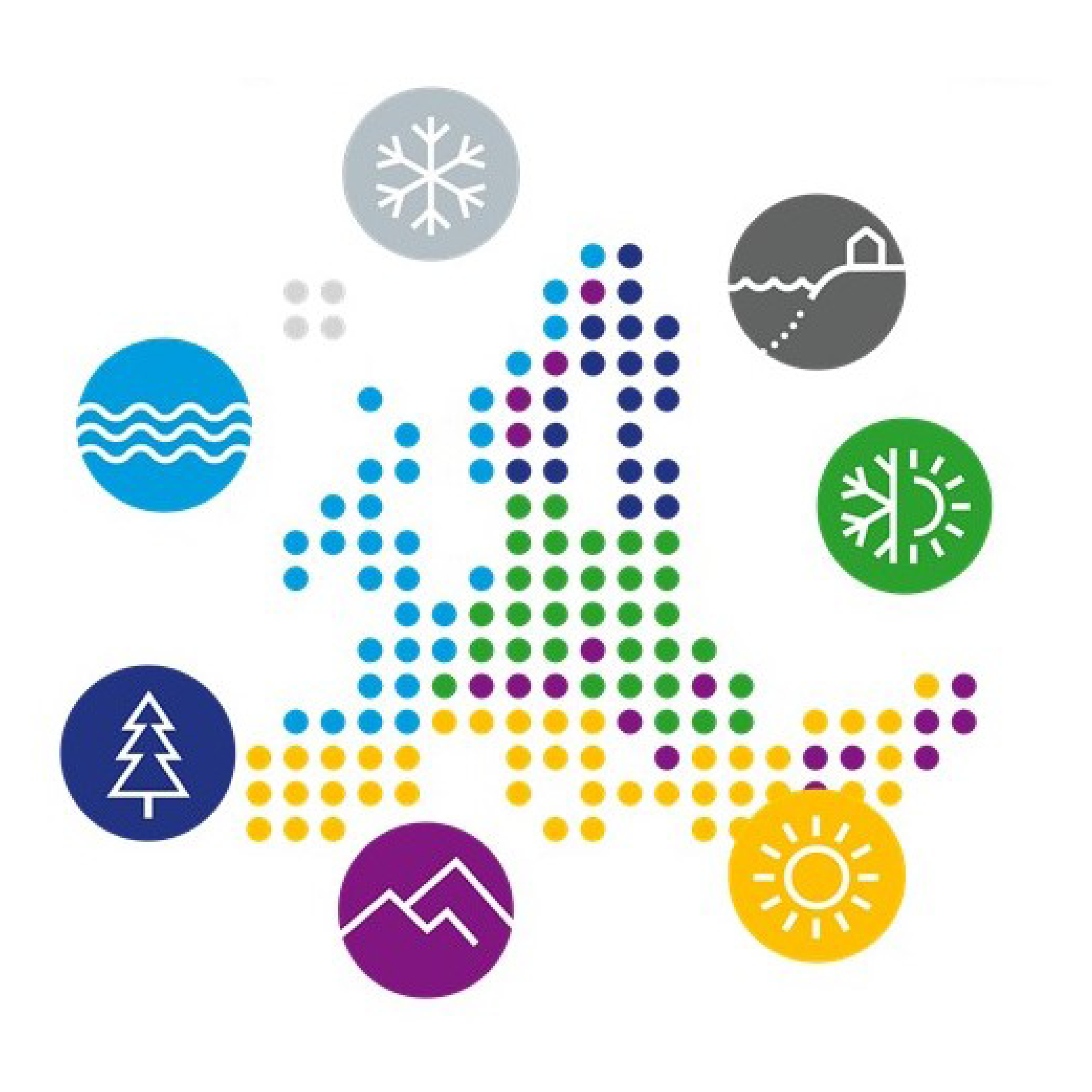Project aim
The project “Baltic Energy Areas – A Planning Perspective” (BEAAPP) addresses the territorial challenges related to the transition towards lowcarbon energy systems with an increased production and use of renewable energy throughout the Baltic Sea Region (BSR). To meet the ambitious climate mitigation and renewable energy targets in the region, there is a need to designate additional (growth) areas to renewable energy installations such as wind parks, bioenergy units or solar installations. But spatial planners often lack the appropriate planning instruments to define and designate best suitable areas while at the same time finding optimal balances with competing interests. They are faced with local resistance and a “not in my backyard“ attitude towards renewable energy projects, and they do not always have enough knowledge on local resources and circumstances to find smart placebased solutions.
The main outputs of BEA-APP include a commonly agreed set of spatial planning criteria for furthering the sustainable growth of renewable energy, revised and new renewable energy concepts in all nine participating regions taking into account spatial planning and regional development aspects, handbooks and guidelines for innovative modes of stakeholder involvement and financial citizen participation as well as a number of place-based feasibility studies for concrete renewable energy projects on the municipal level. The outputs will mainly be used by regional and municipal authorities and energy agencies of the participating regions, which are directly involved as project partners and will integrate the results into their daily work. Also energy producers, financing institutions, experts and NGOs in the fields of spatial planning and/or renewable energy are target groups of the project.
BEA APP results in planning solutions that will facilitate and speed up the realisation of concrete renewable energy projects in the participating regions, thus making important contributions to the Programme objective of increasing the production and use of renewable energy in the BSR and the crosscutting issue of climate change mitigation.
Project activities
In order to tackle these challenges, BEA APP aims to improve the capacity of regional and renewable energy planning actors by developing, testing and implementing:
– new spatially adjusted formal and informal spatial planning instruments that help to steer the sustainable growth of renewable energy and to find optimal balances with competing aims and land uses (e.g. nature protection, cultural landscapes, agriculture or tourism),
– innovative stakeholder involvement modes and financing systems as a way to increase the social acceptance for and local ownership of renewable energy projects: Handbook on innovative modes of stakeholder involvement and communication models:planning sustainable energy projects
– placebased pilot actions assessing local circumstances and conditions, defining the optimal renewable energy mix for strategically selected areas and setting the scene for a number of concrete renewable energy projects in the region.
Project target groups
Regional and municipal authorities and energy agencies
Project details
- Project management: Ministry of Energy, Infrastructure and State Development Mecklenburg Vorpommern
- Funded by: INTERREG Baltic Sea Region
- Operational time: 01/03/2016 – 28/02/2019
- Homepage: www.balticenergyareas.eu

Project partners
Skåne Association of Local Authorities//Skåne Energy Agency Region Blekinge
Energy Agency for Southeast Sweden
Regional Council of Central Finland
Tartu Regional Energy Agency
Zemgale Planning region
Baltic Environmental Forum – Latvia
Lithuanian Energy Institute
Regional Office for Spatial Planning of Westpomeranian Voivodeship
Roskilde University//Odsherred Municipality
Project employees
- Ingrīda Brēmere



